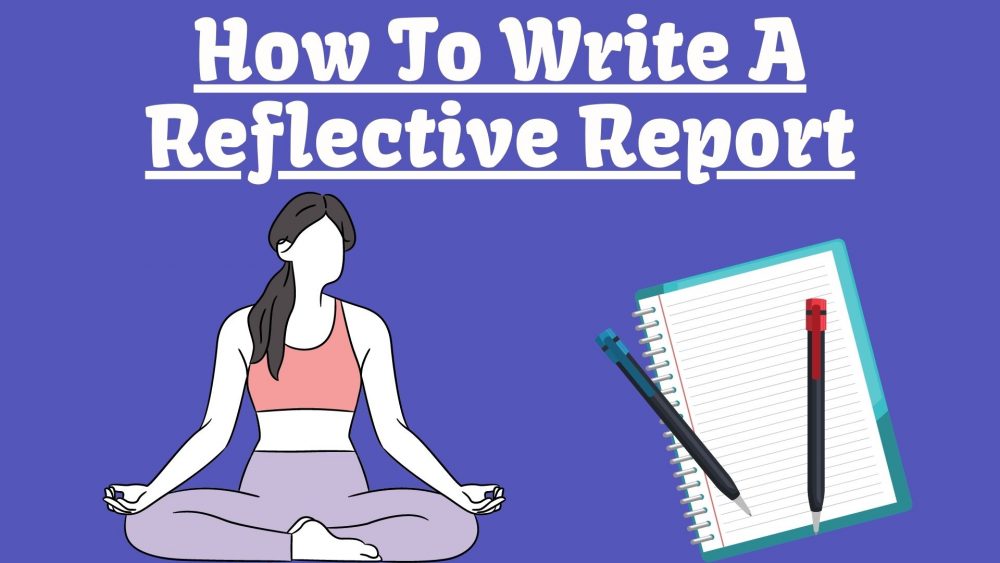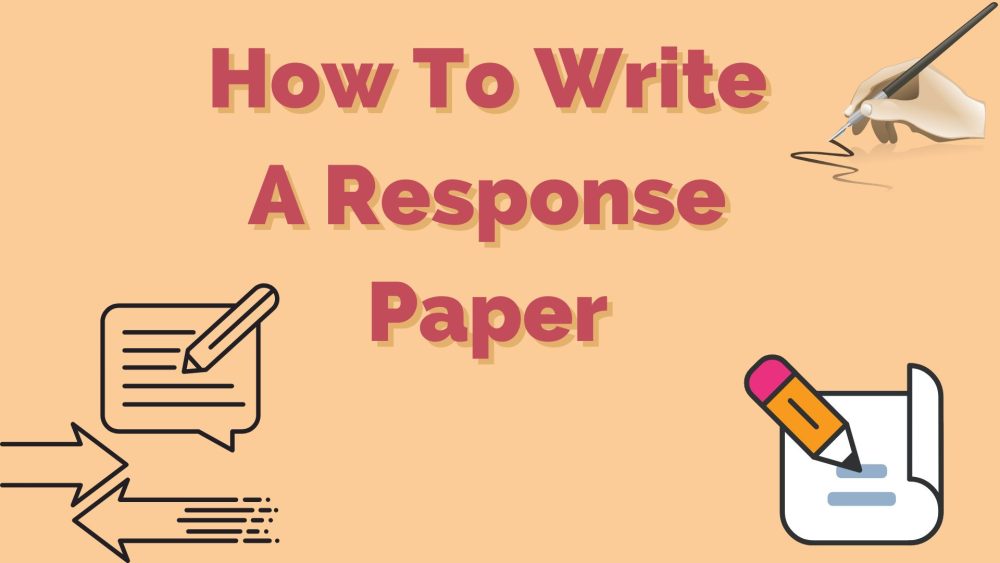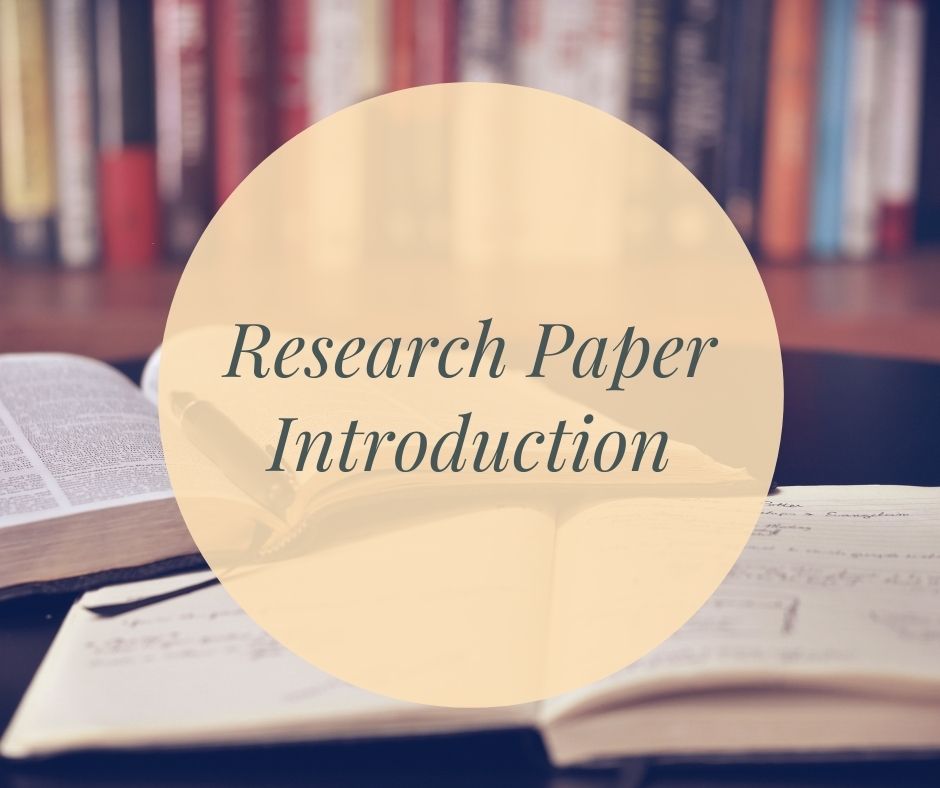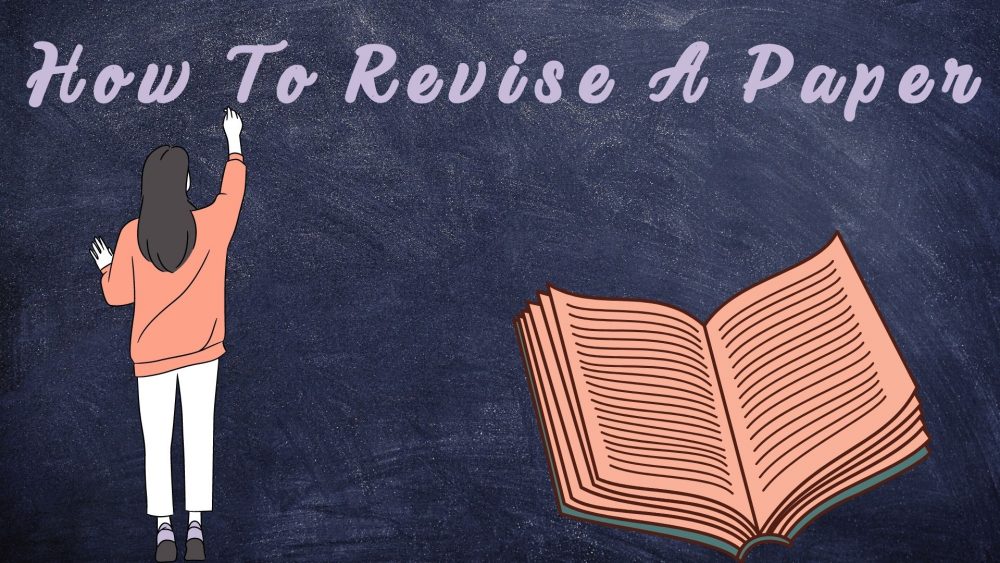How To Write A Reflective Report: Expert Guide

Are you required to write a reflective report? If so, what is a reflective report? And do they differ from other reports that you have written in the past? Well, in this article, we shall analyze what makes up a reflective report and answer all the questions that you may have regarding the topic. We shall cover:
- The meaning of a reflective report
- What reflective reports are composed of
- The process of generating a reflective report
- Reflective report examples
We shall go through all this and so much more. Hence if you have any queries on reflective reports, you do not want to miss out on this article.
Table Of Contents
- What Is A Reflective Report?
- What Are The Different Types Of Reflective Reports?
- How To Do Reflective Writing
- Components Of A Reflective Report
- How To Write A Reflective Report Perfectly
- How To Write A Reflective Report Introduction
- How To Write A Reflective Report Body
- How To Write A Reflective Report Conclusion
- How To Write A Critical Reflection
- How To Write A Reflective Report On Group Work?
- Good Reflective Topics For You
- Reflective Report Example
What Is A Reflective Report?
A reflective report usually refers to a written account of your thoughts and feelings about something. It typically includes an explanation of what happened and your opinion on it.
For example, you might write a reflective report after a particular event, or you might take time to reflect on things that regularly occur in your life. A reflective account is not only beneficial for writing assignments and assessments, but it’s also helpful for taking stock of your life. Reflective reports are widely used in education programs and many vocations. They are also common as assignments in many UK universities.
What Are The Different Types Of Reflective Reports?
There are many different types of reflective reports, academic to the personal. Most of the time, a reflective report is written about an event, but it could also be about something that is happening in your life or even about something you have read. You could also write a reflective report at any time after an event has happened.
- Academic reflective reports: Academic reflective reports are typically used in college and university classes when students want to evaluate their work or the work of others. For example, if you’re in a business education program, you might write a reflective report about your experiences in the field. A reflective report can also be used to learn how to write an academic paper. An instructor often evaluates this type of reflective report for quality and content.
- Personal reflective reports: Personal reflective reports are just that – reports about your own life and the things that happen to you on a daily basis. They can be about school, work, hobbies, or something else entirely. For example, you can write a reflective report when you’ve just had a bad day at the office when you are in the process of developing a new hobby, or even if you just want to take some time to reflect on your life. These reports are typically used for self-improvement or reflection.
- Critical incident analysis: Critical incident analysis is quite common in subjects such as teaching, social care, and health. Hence if you are looking to take up a professional practitioner course, you are likely to be tested using this type of reflective report. In this reflective report, you are asked to look closely into a single event you found challenging. You are then supposed to reflect on why the event was challenging.
- Demonstrating professional attributes: They focus a lot on identifying then providing evidence on your development. Demonstrating professional attributes reflective reports are similar to the types of writing that you would do in a job application.
- Reflective journal: Relates to a blog or a diary in that it is pretty much structured around chronological entries, mostly weekly. They hence take time to write but help you develop a habit of reflecting regularly.
- Case study: If you are drawing a case study from your own experience, then this can fall under reflection writing. A case study aims to demonstrate your understanding of a particular theory, model, or concept by applying it into your practices then showing how it predicts, typifies, and explains.
How To Do Reflective Writing
To tackle reflective reports perfectly, you have to:
- Recall past experiences clearly
- Explore, analyze and then explain whatever happened and the reasons why
- Incorporate theory and models
- Uses proper academic language
- Greatly consider your strengths and weaknesses, anxieties, and ultimately errors
Therefore, if you have poor writing skills, it’s better to order online paper writing help.
Components Of A Reflective Report
Reflective reports have three main components, that is:
- The introduction
- The body
- The conclusion
Each of these components has to be perfected to develop a flawless reflective report. Messing up in any of the sections can end up hurting your overall grade immensely.
How To Write A Reflective Report Perfectly
Writing a reflective report for university or college assignments, work purposes, or any other reason can be undoubtedly tricky. If you do not know how to start a reflective report, build up your story, and bring it to a halt, then developing one can be hectic. Well, in this section, we shall clearly define how to write a reflective learning report that is thrilling by maneuvering through the mentioned components flawlessly. However if you feel stressed about this work process, you can pay for research paper and do no more. Our professionals would be pleased to write your paper for you well and really fast.
How To Write A Reflective Report Introduction
Do you like awful movie or novel introductions? The answer to this question is most probably a “NO.” Well, if this is the case, then you should put yourself in your reader’s shoes. In doing so, you will realize that a boring, plain introduction ruins the mood for the entire paper. Hence, you should write a catchy introduction if you wish to gain more marks. So how can you perfect your introduction? The introduction part is where you start your reflective report. This is your chance to introduce the reader to the topic. The first portion should consist of a summary of what you’ve learned from a specific activity. You can demonstrate this by using previous mistakes or errors and how you’ll handle them in the future. The introductory paragraph should also be the place where you explain what influenced your learning experience and why it’s essential for people to learn about this topic. Finally, you can use this section as an opportunity to connect back with your audience, explaining what they can gain from reading this paper. Here is an example of a reflective report introduction to guide you further. Reflective report introduction example:
“I have always felt that I excel incredibly in terms of written communication. Through this skill, I effectively communicate my feelings and thoughts via words and expressions with no complications at all. However, I did not realize how much my writing was lacking, up until my feelings and thoughts were nearly pushed to the edge by a course I took on creative writing.”
How To Write A Reflective Report Body
This is where your reader will be able to see the fruits of your labor. The body section should be a well-developed section that shows your thought process and how you build on previous ideas. If you’re writing about a topic that’s related to education, this section is an important place to describe all of the aspects of the class and explain how it affected you. If you’re reporting on an experience outside of school, this portion will usually detail what happened and how it was interpreted. Describe what you heard, saw, and felt vividly and in detail, for example:
“I saw a couple of people participating in our height experiment. The atmosphere around felt nervous but also inspiring. Every participant was excited….”
How To Write A Reflective Report Conclusion
Your final paragraph should recap what you’ve learned and how it can be applied to future situations. Whether it’s an academic paper or an essay about a personal experience, this portion should be short but powerful. Your conclusion may demonstrate some critical points about the topic that you want the reader to take away from your writing, allowing them to learn more about it in the future. Reflective report conclusion example:
“Expressing every change that this writing class wrought in my writing is pretty challenging. However, in the eight weeks that I spent learning, I became a more competent writer. My writing now contains more soul and depth, which has opened doors to new areas that I never thought were possible. By researching new approaches and studying new techniques, I now have a robust arsenal in terms of writing and a sturdy foundation for great future endeavors.”
How To Write A Critical Reflection
When you critically reflect on something, you utilize course materials to efficiently examine your biases, search for triggers and causes, compare different theories with current actions, and hit problems at their very core. Critical reflection aims to change your way of thinking towards a particular subject. To come up with a great critical reflection, you have to go through two phases:
- Analysis – analyze the problem at hand and your role in it by asking yourself critical questions. Try to jot down points as you try to answer these questions. At this point, you do not have to worry about grammar.
- Articulate – utilize the points that you gathered in the analysis phase to generate a clear argument on what you discovered. Organize your facts and ideas in a clear and precise manner.
Use the reflection report structures discussed earlier plus the points gained here to develop an outstanding critical reflection of high quality.
How To Write A Reflective Report On Group Work?
Writing a reflective account on group work can be pretty tricky; that is why professors like to test this reflective report a lot. However, in this section, we shall go through how to develop this kind of report and how to spice it up to gain top grades and beat any deadline with ease.
- Reflection definition – Reflection is the main term in this essay. Therefore, it would be best to define its meaning even before getting into your reflective report’s main parts.
- Benefits of working as a group – you were tasked with an assignment as a group. Why is that? Well, this section gives you a chance to explore this question. It would be best if you dug deep into the benefits of a group while also showing that you understand what you are supposed to achieve by working as a group. You can write about:
- Multiple perspectives that emerge
- Unique skills contribution
- Improvement in communication skills
- General challenges faced – group work ultimately comes with some challenges. In this section, you get to explore these challenges in depth. You can dig into issues such as:
- Time consumption
- Learning style conflicts
- Freeloaders
- Communication breakdown
- Isolated group challenges – Here, you get to isolate the challenges and benefits that your group faced. Think about the freeloaders in your group, those who came late, disagreements that emerged, and so on. On the positive side, think of the super active group members, the relations you made, etc. All this will give you excellent points.
- How were all handled challenges faced – In this section, define how you dealt with the challenges you faced in step 4. Take your reader through the growth that your group went through.
- Conclude – students mostly skip this crucial section. Here is where you get to show your reader that you have not just reflected on what you did but that you have also gained the knowledge to change for a better tomorrow.
That is how you write a reflective report on group work. To better understand reflective writing, you should go through more examples that can be accessed online easily. All you have to do is, for example, search for a reflective report example on the topic at hand, and you will get a sample to work with. What’s more, you can get a reflective report template to work with; this will improve the reflective report’s structure. However, you should always ensure that you follow a trusted link. Most sites offer these resources free but some charge an affordable price.
Good Reflective Topics For You
These reflections could be on any topic, but it is usually best to focus on something that has affected you in a significant way. Whether you’re writing about an educational setting or an outside experience, your content must be easy to understand and concise. When writing this type of assignment, it’s also essential to think about the audience; who will be perusing the reflective report? Who has assigned it? These questions should help determine your main points and how you can refine them while developing your paper. Here is a list of possible topics for a reflective report:
- Your favorite online shopping store.
- What is the influence of social media on teenagers?
- How to deal with a customer.
- What do you like about your job?
- Your visit to your new school.
- Your favorite restaurant.
- The last vacation you had.
- Why do you think your school/college shouldn’t be shut down?
- The last book that you read.
- What is the influence of television on children?
- Having lunch with your friends.
Reflective Report Example
Here is a simple reflective report example on “reading my favorite book.” You can use this example to gain more details on structures and message delivery, which is crucial in reflective writing.
Reading books did not give me much of an appeal. I would read books meant for assignments passively, not grasping any fuss on any book. However, when I read “pride and prejudice,” all this changed. It was like the book opened my literary eyes for the very first time. Pride and prejudice stirred up a love for classic novels that I did not think could exist within me. When I received the assignment to read through pride and prejudice, I scoffed and eye-rolled, just like all my friends. I calculated, internally, of course, the amount of time that I would spend reading and writing a report on the book. I then signed after realizing how much time I was going to “waste.” Opening up the book’s cover, I was super determined to hate it even before reading the first sentence. By the time I reached the third page, I had almost called it quit. It was then that something about a character known as Elizabeth Bennet grasped my interest. I cannot specifically point out where, but somewhere along the way, I remember devouring the book’s pages instead of simply trudging along. By the time I finished reading the book, I was disappointed and ecstatic at the same time. The book had a great ending, no doubt about that, but then I realized that I’d miss the characters and their world. Even though I had read a couple of books earlier, this was the very first-time story characters had such an effect on me. I tried my best to shake off the feeling of sadness that I had but to no success. After a couple of days, I headed off to our schools’ library and searched for a classic book to read. The moment I opened the next classic, there was no going back. If anyone had ever told me that a book could change my life earlier, I would have thought of them as crazy, but it happened. The great love that I found in pride and prejudice opened doors to a world of classic literature that I cannot imagine living without. To date, the book is still my favorite.
That is how you tackle a simple reflective report. Of course, there are more complex reports, but this example gives you a rough idea of how to handle such papers. If you find it challenging to write a reflective report, you can get online research paper help from professional writers from all over the world. For example, you can search for “an expert reflective report writer” online. In doing so, you will get access to many writers, local and international. It does not matter whether you are from the UK, London, British et cetera. What’s more, these writers can even do the reflective paper for you, for a cheap price, of course, hence relieving you of all the research pressure.
Tired Of Writing Reports Yourself?
Writing a reflective report is not an easy feat. However, with the guidelines provided in this article and significant research, acing your test will be super easy. We hope we’ve answered all the questions that you might have had regarding reflective writing and how to tackle such an essay. Furthermore, research paper help online will be happy to save your assignment anytime, if you need us. You just need to write something like “Please, do my assignment for me now!” and we will write your paper soon.





















